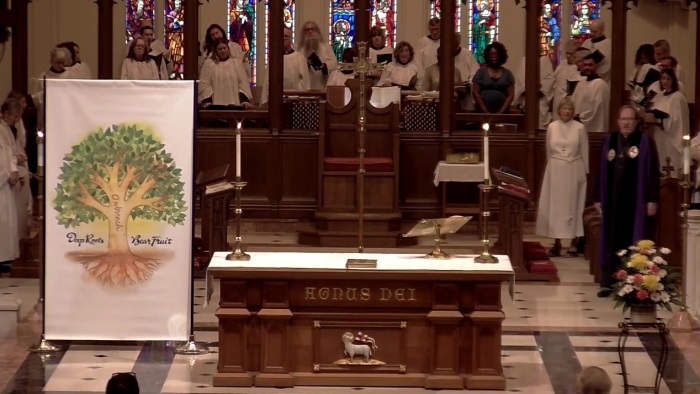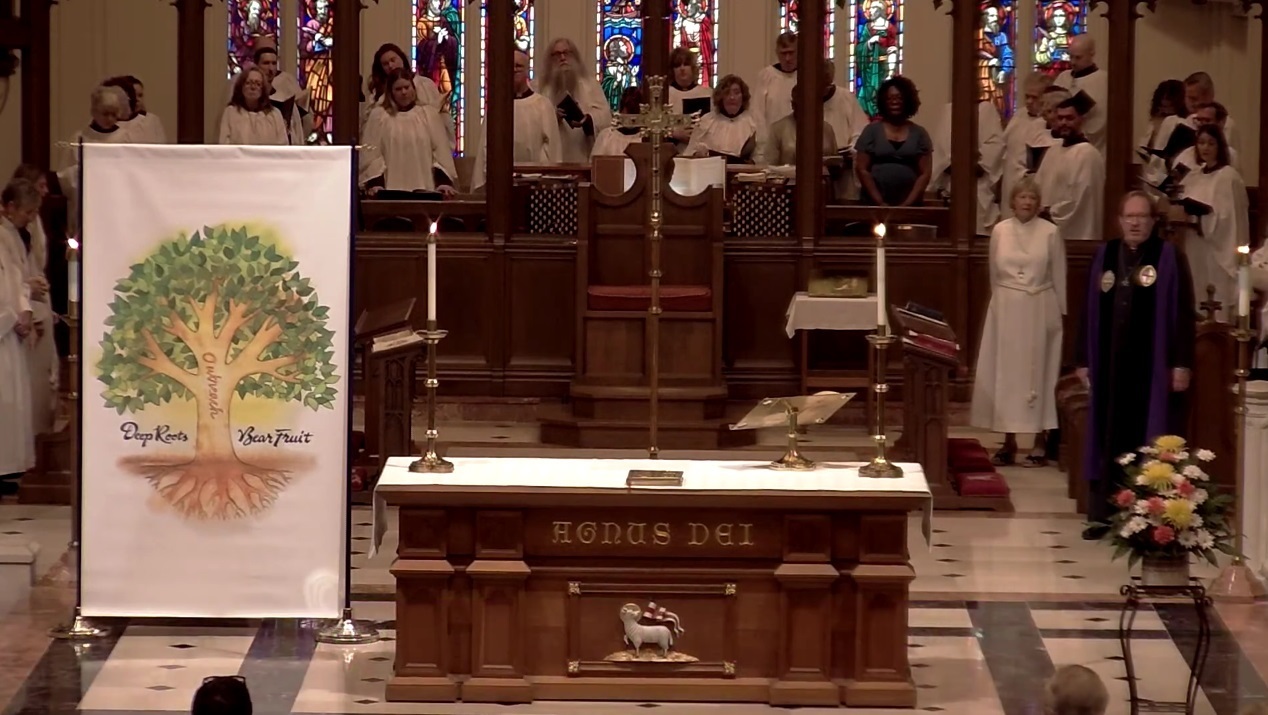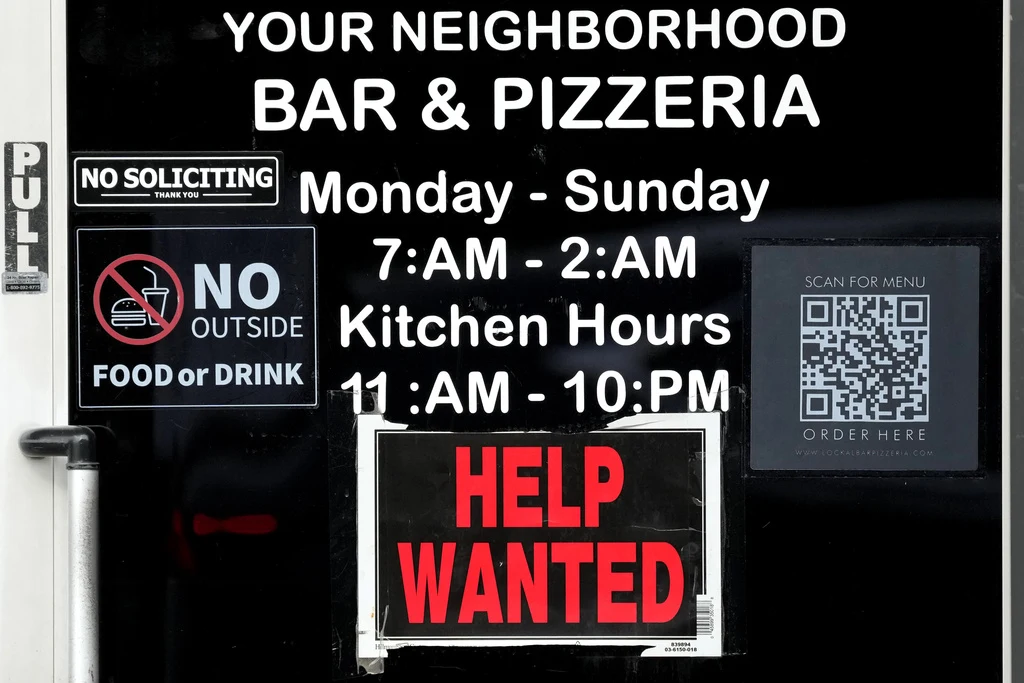
An Episcopal Church diocese remains without a bishop following the refusal to confirm a candidate due to his conservative views on LGBT issues and questions over the election process.
The Episcopal Diocese of Florida has faced an uncertain future regarding its leadership since 2022 due to controversies surrounding the election of the Rev. Charlie Holt, who failed to receive the necessary support to be installed as head of the regional body.
The diocese’s standing committee recently informed Episcopal News Service that they remain without a diocesan bishop even after they held a convention last week, which is almost a year after their previous bishop retired.
The Florida Standing Committee told ENS that it was “continuing to lead a very productive process of healing and strengthening of our diocesan body” and that although some delegates supported calling for a new bishop, “the larger body of delegates sees the opportunity for further healing and strengthening.”
In May 2022, Holt was elected bishop of the diocese, with him slated to replace the retiring Florida Bishop Samuel J. Howard. However, several clergy and lay leaders claimed that the election process had been tainted.
The Episcopal Church’s Court of Review filed a report in August 2022, concluding that “irregularities” created “seeds of uncertainty that call into question the integrity of the process.”
In response, the diocese held a second bishop coadjutor election in November of 2022, where Holt defeated two other candidates, getting the votes of 56 clergy and 79 laity. The minimum needed to win the election was 56 clergy and 67 laity.
However, a group of 29 clergy and lay delegates involved in the second election disputed the results, arguing that it was “fundamentally unfair” and wrongfully excluded certain delegates. The 29 delegates protesting the second election results exceeded the 25-delegate minimum required to file a formal objection.
In addition to questions about the process of his election, some within the diocese expressed concerns over how Holt, an opponent of gay marriage, would treat LGBT individuals.
According to Episcopal Church canon law, dioceses must allow for the blessing of same-sex unions, with conscience protections given to clergy morally opposed to performing such rites.
Holt released a statement in December 2022 promising to allow “each parish” to decide whether to bless same-sex unions, making it “a matter of conscience and context.”
“The pastoral conscience of clergy will be respected across theological difference. No one, progressive or traditional, will be forced, coerced or manipulated to hold or change a matter of conscience,” stated Holt.
In March of last year, the LGBTQ+ Caucus of The Episcopal Church released an open letter objecting to having Holt become bishop.
“We fear that the Reverend Holt’s election is the intended result of a system designed in the exclusion of LGBTQ+ voices and votes,” the caucus argued. “Furthermore, we are forced to wonder whether this culture would continue under a Bishop Holt due to his previous offensive comments on gender and sexuality.”
In July 2023, the Florida Diocese Standing Committee announced that Holt failed to receive the necessary support from The Episcopal Church standing committees and bishops with jurisdiction to be installed as bishop.
“We know this news will evoke many responses, especially among the delegates who voted for Charlie Holt, those who have worked hard to obtain consent to the election and those who objected to it,” stated diocesan officials.
“Upon Bishop Howard’s retirement, the Standing Committee will be the ecclesiastical authority of the diocese, as prescribed in Article IV of the Constitution of The Episcopal Church.”
The diocese standing committee went on to note that “although our path forward is not yet clear, our hope is in knowing who holds our future.”
“While our current circumstances are difficult and uncertain, we can rest this day knowing God is with us and will not desert us. Because Jesus Christ is Lord, we have a hope that can and will see us through these challenging times,” they added.








